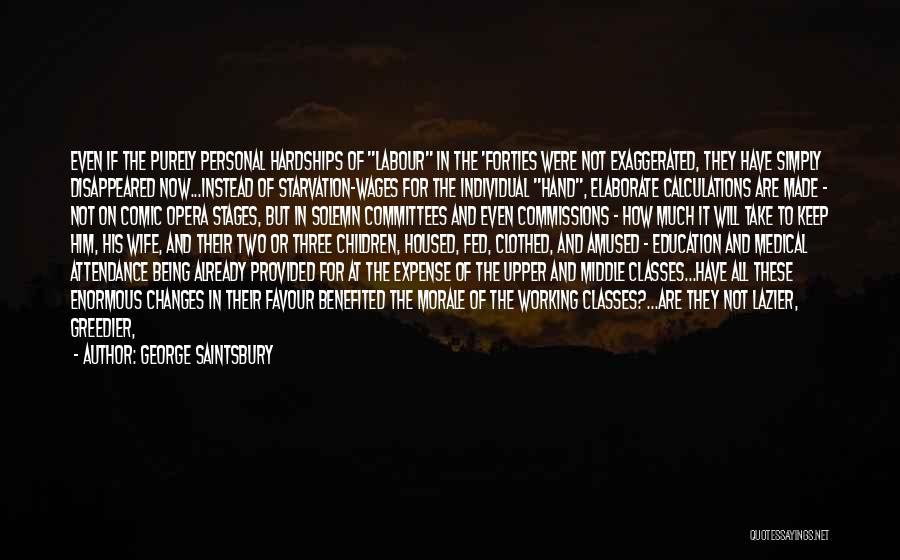Full Attendance Quotes & Sayings
Enjoy reading and share 4 famous quotes about Full Attendance with everyone.
Top Full Attendance Quotes

The phrase 'Founding Fathers' is a proper noun. It refers to a specific group: the delegates to the Constitutional Convention. There were other important players not in attendance, but these fifty-five made up the core. Among the delegates were twenty-eight Episcopalians, eight Presbyterians, seven Congregationalists, two Lutherans, two Dutch Reformed, two Methodists, two Roman Catholics, one unknown, and only three deists- Williamson, Wilson, and Franklin. This took place at a time when church membership usually entailed "sworn adherence to strict doctrinal creeds." This tally proves that 51 of 55 -a full 93 percent- of the members of the Constitutional Convention, the most influential group of men shaping the political underpinnings of our nation were Christians, not deists. — Gregory Koukl

Even today ... experts, usually male, tell women how to be mothers and warn them that they should not have children if they have any intention of leaving their side in their early years ... Children don't need parents' full-time attendance or attention at any stage of their development. Many people will help take care of their needs, depending on who their parents are and how they chose to fulfill their roles. — Stella Chess

I know I can walk through the world, along the shore or under the trees, with my mind filled with things of little importance, in full self-attendance. A condition I can't really call being alive. — Mary Oliver

Even if the purely personal hardships of "labour" in the 'forties were not exaggerated, they have simply disappeared now...instead of starvation-wages for the individual "hand", elaborate calculations are made - not on comic opera stages, but in solemn Committees and even Commissions - how much it will take to keep him, his wife, and their two or three children, housed, fed, clothed, and amused - education and medical attendance being already provided for at the expense of the upper and middle classes...have all these enormous changes in their favour benefited the morale of the working classes?...Are they not lazier, greedier, more full of hatred, malice, and all uncharitableness towards other classes, readier to put on those classes any burden of which they may relieve themselves? — George Saintsbury





